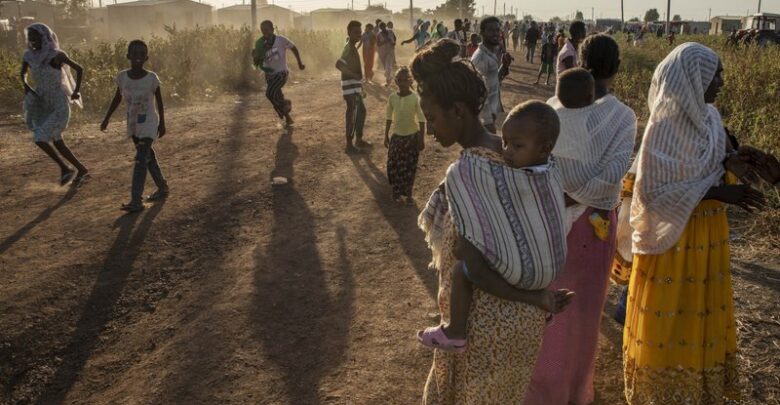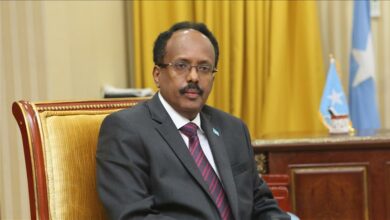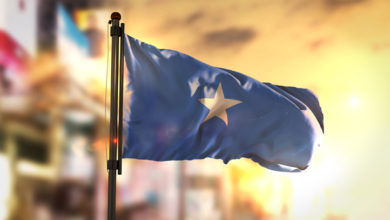Somalia
UNOCHA Warns Food Insecurity Will Likely Worsen In Somalia By May 2022

The United Nations Office for the Coordination of Humanitarian Affairs (UNOCHA) on Sunday warned the food insecurity is likely to worsen significantly in Somalia through May 2022 as many households are facing increasing food consumption gaps and depletion of their coping capacity, reported CGTN Africa.
Citing the report titled “Somalia 2021 Post Gu Seasonal Food Security and Nutrition Assessment (FAO/FSNAU)”, the UNOCHA said it is expected that about 3.5 million people will face acute food insecurity through December. Nearly, 640,730 of the 3.5 affected million are expected to face an emergency.
In its latest humanitarian bulletin released on Sunday, the UNOCHA said the delay in the October-December rains has significantly affected supplementary food and income from livestock production.
The UN agency said food insecurity and acute humanitarian needs have been reported across all sectors. It added that more than 5.9 million people are in immediate need of humanitarian assistance and protection.
As per the UN report, humanitarian agencies have projected that 7.7 million Somalis will require humanitarian assistance and protection in 2022 owing to ongoing conflicts in various parts of the country, increasing poverty rate, recurrent climatic adversities like drought and floods, and disease outbreaks, including COVID-19.
The dry conditions across various parts of Somalia have already led to livestock deaths and increased human suffering. Severe drought impacts have been reported in Galmudug states, Jubaland, Southwest, and some parts of Puntland.
The report said that in addition to the more than 2.9 million IDPs in Somalia, at least 5.5 million people are reportedly vulnerable due to pre-existing shocks and recurring disasters and are among those who are likely to need humanitarian assistance and protection in 2022.
The UNOCHA expects that around 71% of the people in Somalia will continue to remain below the poverty line in 2022, especially in areas where humanitarian access remains a challenge.





